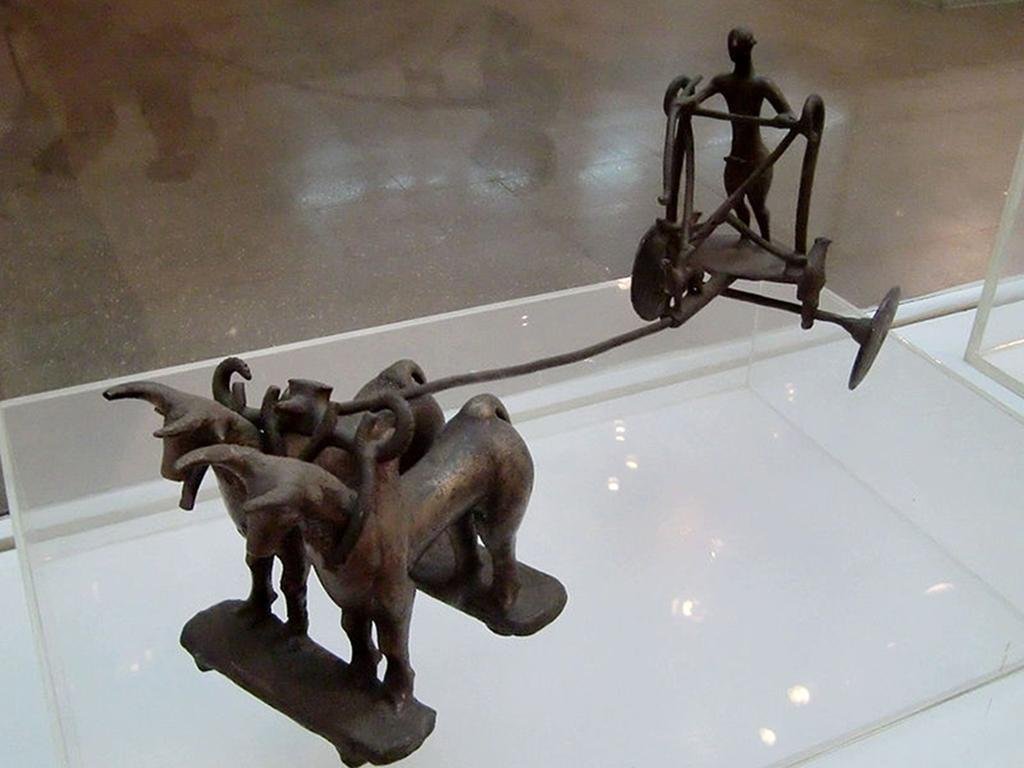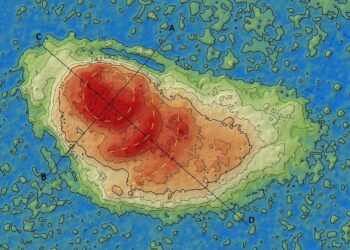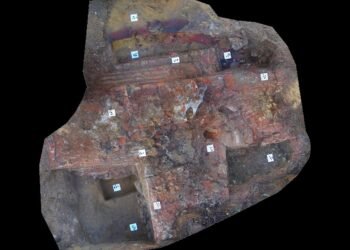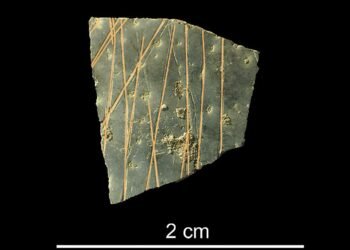Daimabad archaeological site is located in the state of Maharashtra, India. It is situated on the banks of the Pravara River and is considered to be one of the most important prehistoric sites in the Deccan plateau. The site was excavated in the 1950s and 1970s and revealed the remains of a Harappan culture settlement dating back to around 2200-1600 BCE.

The site at Daimabad provides valuable insights into the early urbanization and cultural development in the Indian subcontinent. The excavations unearthed a well-planned settlement with evidence of a complex society. The remains include a citadel, residential areas, granaries, water storage systems, and a cemetery. The artifacts found at Daimabad include pottery, terracotta figurines, beads, jewelry, and tools made from stone and metal.
One of the significant discoveries at Daimabad is the evidence of a unique bronze-age civilization called the Daimabad culture. This culture is characterized by distinctive black-and-red ware pottery, which is often found in burials. The presence of copper and bronze objects indicates the advancement of metallurgical skills during this period.

The site also revealed a large number of seal impressions, suggesting trade connections with the Harappan civilization. This indicates that Daimabad was an important center for trade and cultural exchange. The site’s strategic location near the river and its proximity to other ancient sites in the region further supports its significance in the ancient trade network.
Overall, the Daimabad archaeological site is a treasure trove of information about the early civilizations in the Indian subcontinent. It sheds light on the socio-economic aspects, technological advancements, and cultural interactions of the people who inhabited the region thousands of years ago.
« Back to Encyclopedia Index




















